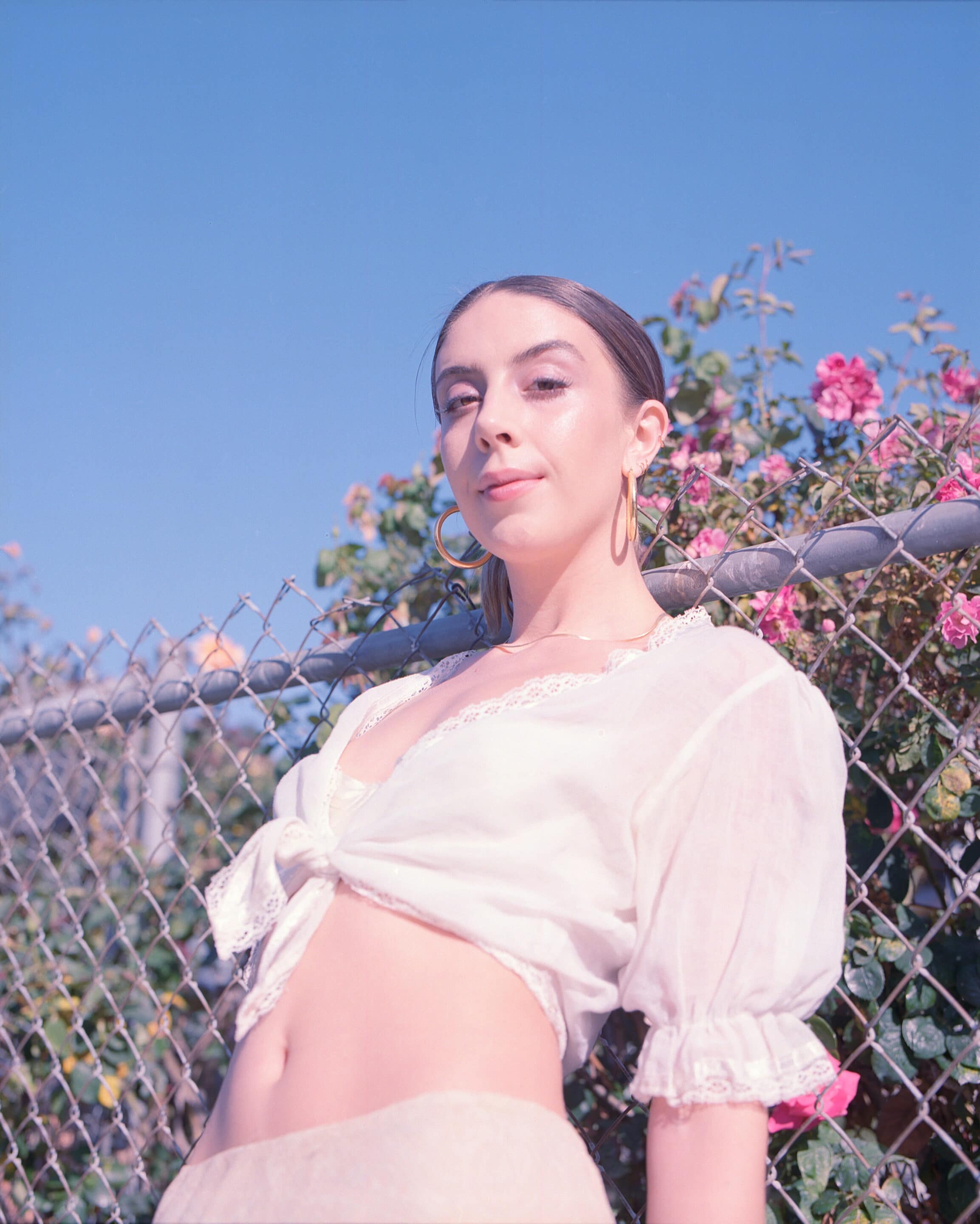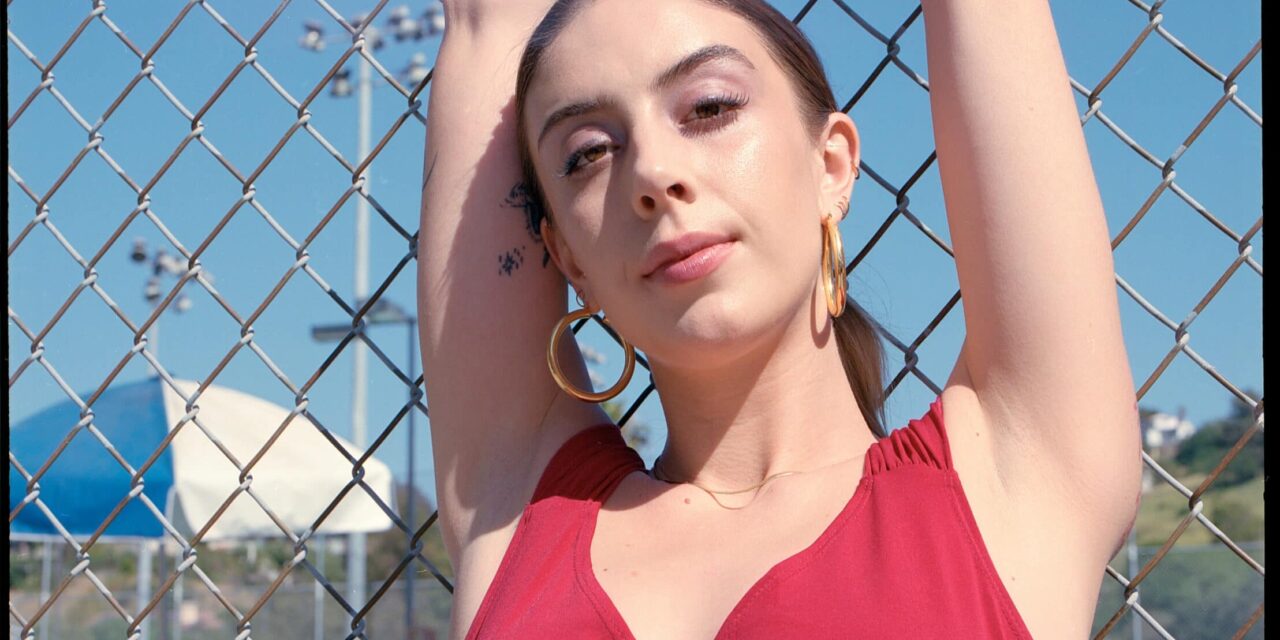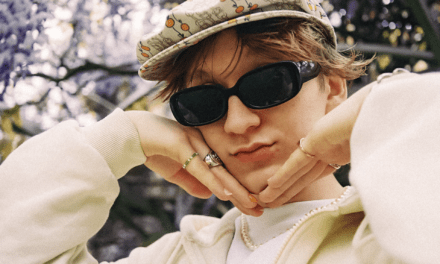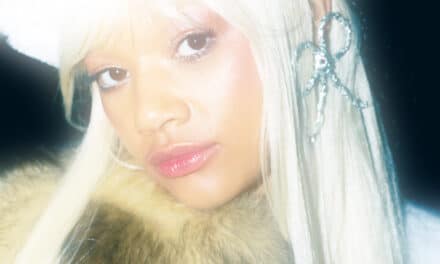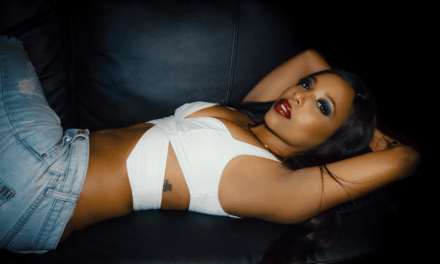Photo credit Grace Pickering
Gracie was literally born into music. Her grandfather just so happens to be two-time Rock and Roll Hall of Fame® inductee David Crosby of The Byrds and Crosby, Stills & Nash. Her father, James Raymond, an accomplished musician himself, plays keyboards on tour with CSN and produces “Croz’s” records. But, it was perhaps her mother who had the most influence on her. A professional writer, Stacia imprinted Graice with her love of adventurous lyrical compositions
“My music is conversational,” she affirms. “Lyrically, I find a lot of truth and beauty in not sugarcoating where I’m at mentally or emotionally. I turn pain into beauty. As a storyteller, my mission is to write about my journey with love and relationships. I’ve become comfortable in the chaos, so I had to make some sense of it. I’m often saying things I’ve never said out loud to anyone. The truth needs to be told somewhere though, so I’m going to put it in a lyric.”
OUR MUNDANE OPINION: Some of the best conversational & lyrical songwriters out there at the moment
1. Your music is very lyrical. Who influenced your storytelling
Probably my parents- they are both writers and fostered a really creative environment growing up. Judy Garland and Billie Holiday definitely influenced my storytelling and the way a story is conveyed through a song. When I listened to them sing, I could hear the deepest and most hidden parts of them and I always wanted to capture that.
2. Who is the most underrated lyricist today in your opinion?
Remi Wolf comes to mind- her lyrics are really clever and inventive. I think Kacey Musgraves lyrics are underrated too because there are so many layers underneath what she’s saying.
3. Who is the best lyricist today in your opinion?
Frank Ocean or SZA. I love how they don’t always follow a form, and how the words find these really unique pockets and flows. It almost feels fleeting. There’s also a brutally honest quality in both their lyrics that I think is really freeing for the listener.
4. Tell us about this release and what inspired it
This is my first real body of work that I’m putting out so it’s really a collection of ideas that were dormant for a long time and kind of had to come alive. It was inspired by heartbreak, the desire to evolve, and really wanting to get honest with myself.
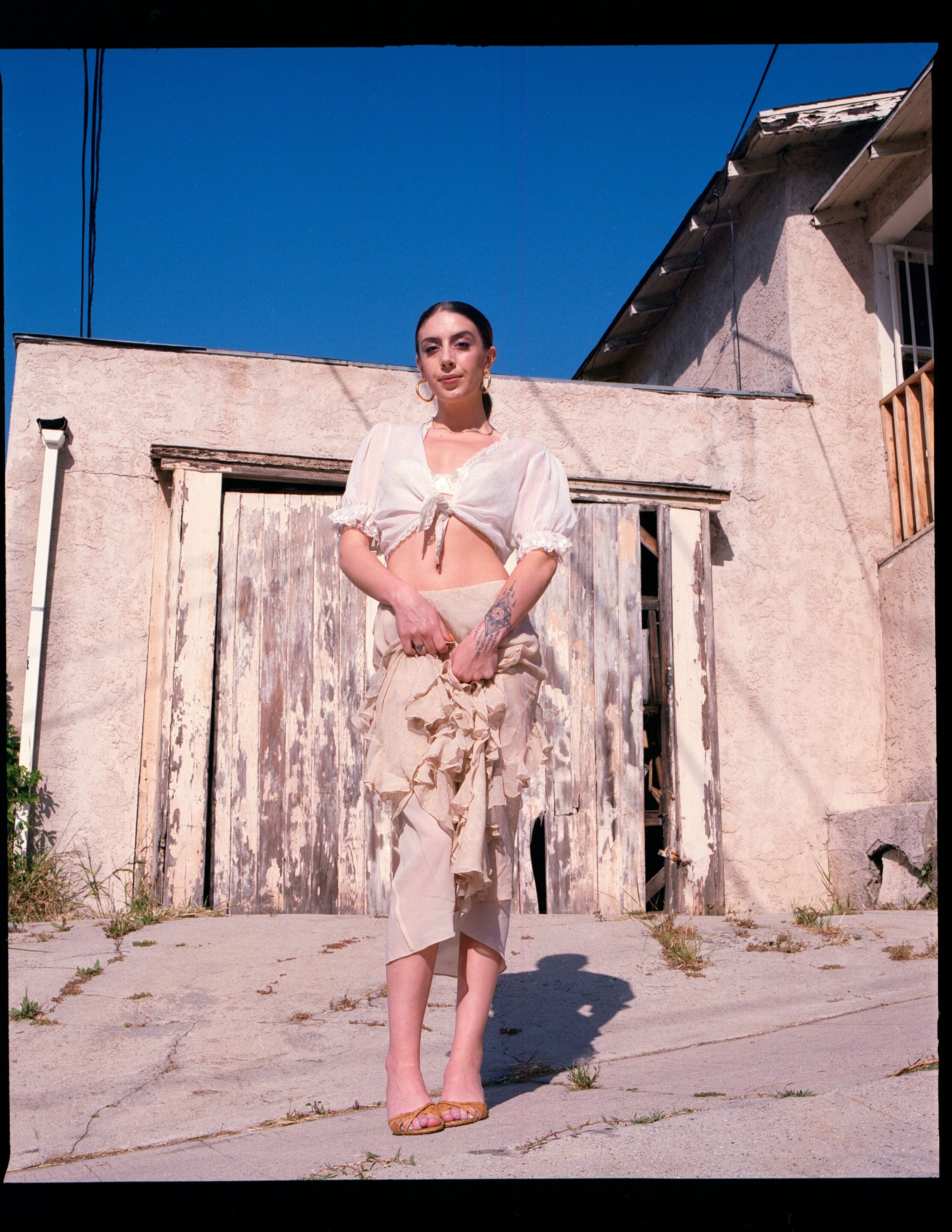
5. How do you keep your inspiration alive day to day?
I try to be pretty consistent with routines that keep me feeling creative- I find I am the most inspired when I feel prepared and am really taking care of myself and my body. I think it’s also really important not to force anything and to trust the process on days when I don’t feel inspired. I’ve found that being goal oriented as opposed to process oriented can really be a creativity killer. Giving myself permission to explore whatever comes up is key.
6. What do you want your music to communicate ultimately?
I think in my songs are stories that women have been experiencing for centuries so for me a big part of it is calling out the played out narratives and breaking karmic ties. I’m really trying to point out what has to be healed, what can be transmuted- in myself but also as a collective, so I hope that comes across.
7. Sonically, you seem to mix up different styles and genres. What inspires your sound and the way you approach production?
Yeah, I’m definitely still exploring and I don’t like to limit myself to one genre- I think that is what’s really special about the era of music we’re in right now. I pull from a lot of different artists and sounds for inspiration from Sade, to Maggie Rogers, to Ari Lennox. I start by focusing on the atmosphere and feeling I want to create and then the words and melody can flow from there. I can play around and explore the internal landscape of an idea for weeks before ever landing on a hook.
